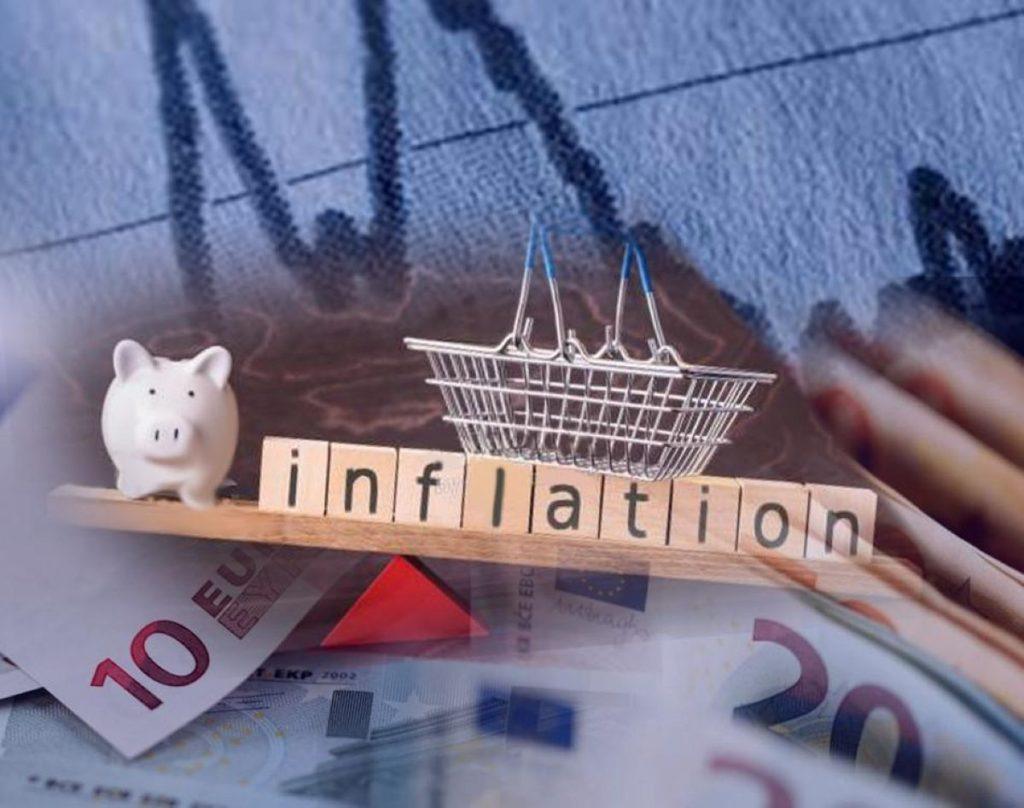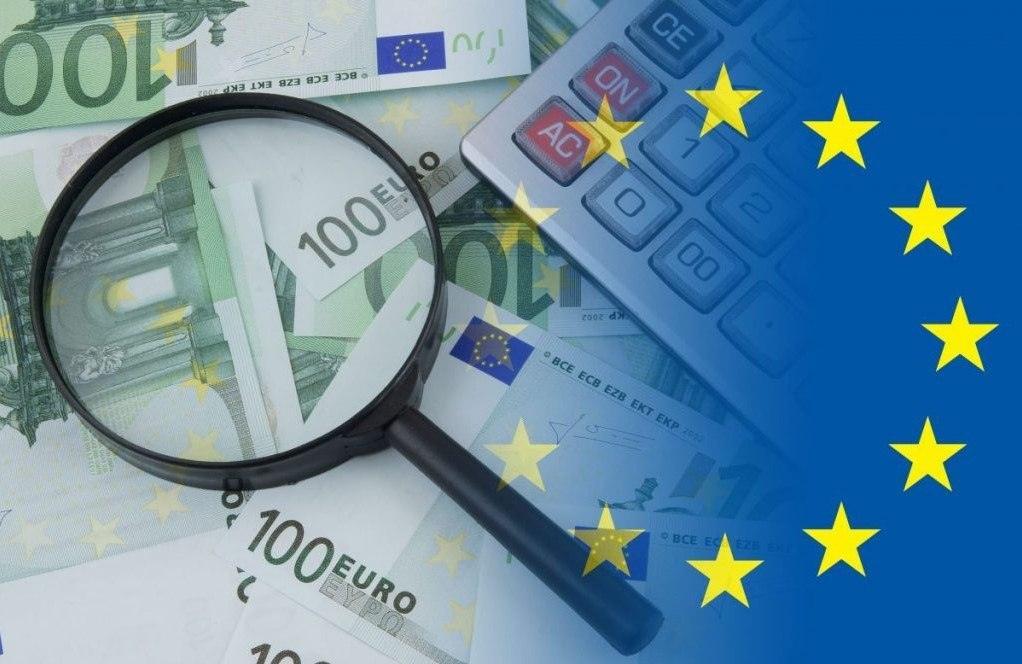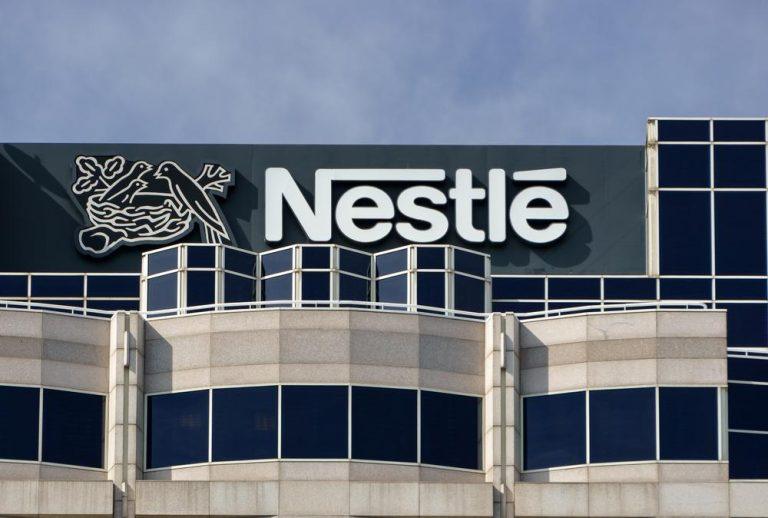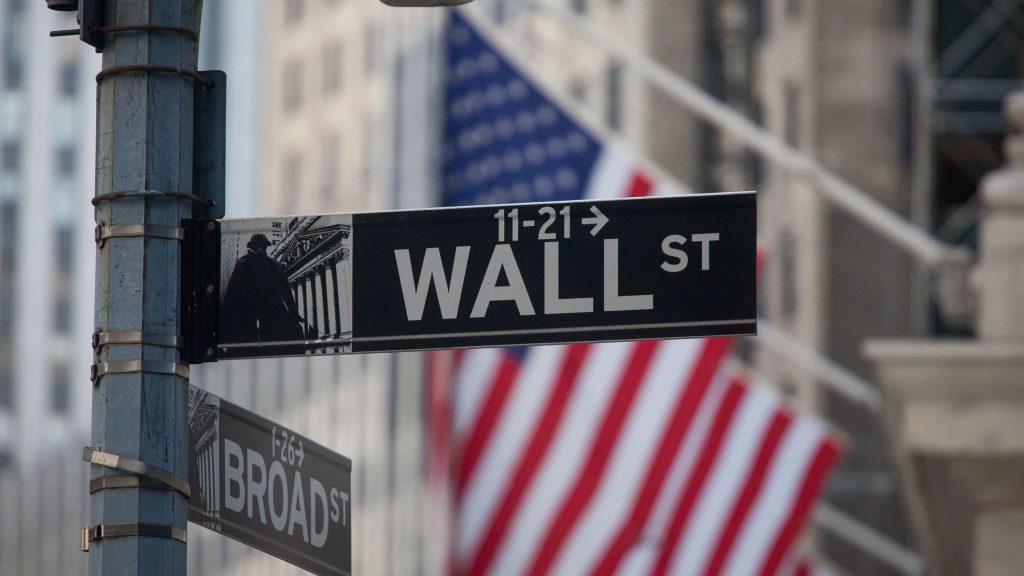Retail and Fast Consumer Industry executives expect a 0.7% increase in sales in the second half compared to the corresponding period of 2020 and in total in 2021 (+ 0.8%), according to a research by the Research Institute of Retail of Consumer Goods (IELKA).
In particular, the survey records a large percentage of respondents 43% who believe that sales in the industry will increase in the current semester, with a small percentage who believe that they will show a decrease of 21%. On average, the executives who participated in the survey estimate that there will be an increase of 0.7% in sales in the first half of July 2021-December 2021 compared to the same half of 2020, while for the whole of 2021 they estimate an increase in sales of the order of 0.8% average. It is noted that the forecast also includes the Christmas period, which traditionally represents about 10% of annual sales.
According to the research, the negative trend recorded in the assessment of the evolution of the country’s economic situation in 2020 is reversed in the current measurement. Specifically, in September 2021 only 25% believe that the financial situation has deteriorated and a majority of 57% believe that it has improved. Correspondingly, positive percentages were recorded in January 2019, before the onset of the coronavirus pandemic crisis.
The economic climate presents a similar picture, which is due to the total of all the estimates of the executives (sales, prices, economic conditions). The index is recorded at +0.48, strongly increased compared to the previous measurement, with the second highest measurement recorded in the last five years of the relevant research.
The positive assessments regarding the increase in sales in the industry are attributed to four main factors: the increased tourist traffic of 2021, the recently announced tax relief package, the increase of service / delivery at home – ie through electronic markets – and economic growth. Strongly negative effect on sales is attributed to increases in product prices and measures to restrict access to supermarkets. ‘Other factors associated with the pandemic, such as epidemiological burden, mask use, and focused restrictions, do not appear to have an equally significant impact on sales, although their impact remains consistently negative.
It is noted that the survey was conducted between 20 and 30 September 2021 using a structured questionnaire and a sample of 160 senior and senior business executives (retail-supermarket chains and FMCG suppliers) from the general management and the departments of Marketing, Sales, Purchasing, Informatics etc.











![Επαγγελματικά ακίνητα: Στα ύψη οι τιμές ενοικίασης – Οι περιοχές [πίνακες]](https://www.ot.gr/wp-content/uploads/2025/12/graf-1024x551-1.jpg)

























